Plantar Fasciitis is a painful overuse foot injury that is found amongst a wide range of people, especially those who spend a lot of time on their feet and athletes who do a lot of running and/or jumping. However, it can also arise from poor biomechanics and sometimes even the wrong footwear.
What is Plantar Fasciitis?
Plantar Fasciitis is the inflammation of the plantar fascia as a result of micro tears. The plantar fascia is a ligament that runs along the bottom of your foot, connecting your heel bone to your toes. As a result, it supports the arch of your foot and helps to absorb shock every time your foot touches the ground. One of the tell tale signs of plantar fasciitis is pain after periods of inactivity, such as first thing in the morning.
How to Treat Plantar Fasciitis?
If your plantar fasciitis has flared up, the first thing to do is allow time for the inflammation to settle down. Avoid walking or standing for long periods of time and apply ice to the bottom of your foot.
Once the inflammation has settled, you can gently massage the bottom of your foot with a lacrosse or golf ball. Self-myofascial release will help to break up adhesions and increase circulation to the ligament.
You can also book an appointment with a Registered Massage Therapist who will be able to work deep into the tissue to relieve pain and tension as well as increase the blood flow to the area in order to help the healing process.
It is also important not to neglect the lower leg. Many of the muscles that run through the lower leg are connected to the foot. By increasing the mobility through stretching and self-myofascial release of the lower leg muscles, you can help improve gait biomechanics and relieve some of the strain on the foot.
Treat Plantar Fasciitis with a Rehabilitation Specialist
Working with a rehabilitation specialist such as a Physiotherapist or Chiropractor is one of the most effective ways to treat Plantar Fasciitis. They will be able to determine the cause of your plantar fasciitis and offer treatments as well as exercises to help rehabilitate the injury.
Click here to book your appointment with one of our Rehab Specialists at COAST.



